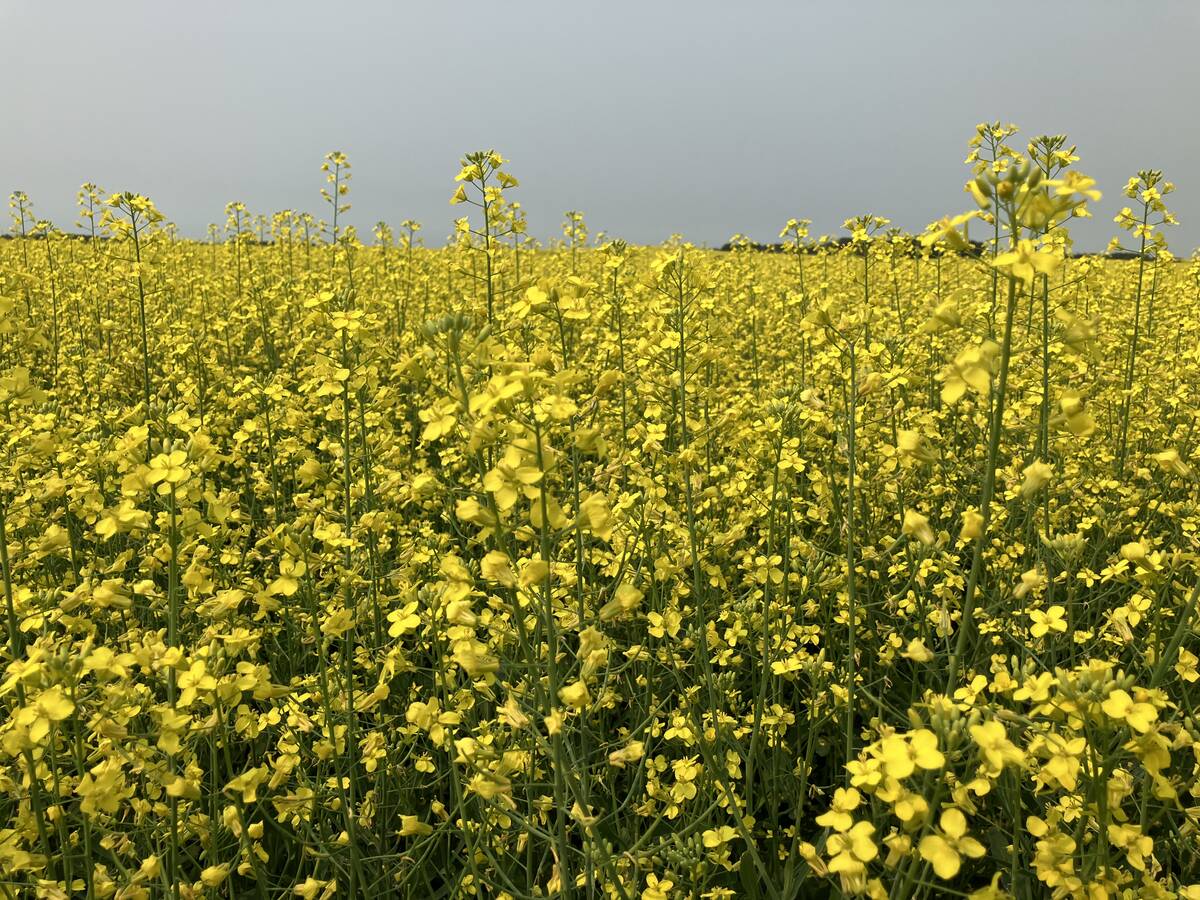The hemp industry has tried to wipe the smirk off the consumer’s face for a few years, but it’s still there, marketers say.
That’s not all bad.
“That smirk is your opportunity,” said Jason Freeman of the Saskatchewan-based Farmer Direct Co-op during a panel discussion at the Canadian Hemp Trade Alliance’s meeting in Winnipeg Nov. 17.
Freeman said hemp’s close association with marijuana might turn some people against it, but that same blurred identity can make hemp products more interesting for some consumers, arousing their interest and desire to buy.
Read Also

Canola used in only quarter of Canadian biofuel
Less than one-quarter of the biodiesel and renewable diesel used in Canada in 2024 was made from canola oil feedstock
It differentiates the crop from other health foods.
“Without that, it would just be like flax,” said Freeman.
Hemp marketer Martine Carlina said the smirk is fast vanishing from Canadian consumers, who are increasingly familiar with hemp as a food ingredient.
But many Americans still think of hemp products as somehow illicit, even though they are now legal in the U.S.
“I got that question and the smirk more than I expected (during a recent promotional visit to California),” said Carlina.
But in Canada, where she has done hundreds of in-store and other demonstrations of hemp products, “I don’t find that smirk any more.”
Carlina said hemp’s eyebrow-raising effect in the U.S. is tied to Washington’s war on drugs that often deliberately tied marijuana to hemp.
“It’s hard to compete with a $10 million advertising campaign.”
However, in bigger U.S. cities hemp acceptance is growing and many health food fans now see nothing illicit about hemp products.
Toronto hemp product marketer Ruth Shamai, one of Canada’s original hemp marketers, said she thinks blending hemp ingredients into everyday food items like corn chips has allowed consumers to ease into hemp.
“Don’t make it so weird,” she suggested.
Many health conscious consumers now know that hemp has positive nutritional elements, but more promotion is requred.
“You want them to know why they should eat hemp,” said Shamai.
She markets products including hemp-based salad dressings and protein powders, and finds that store demonstrations are often the best way to get hemp products into consumers’ hands.
“It’s all about getting out there and actually talking to people.”

















